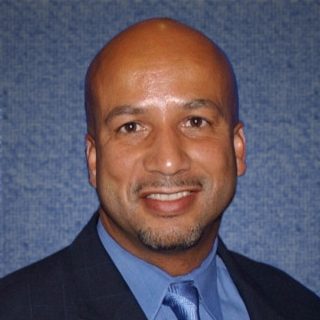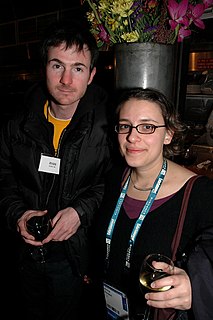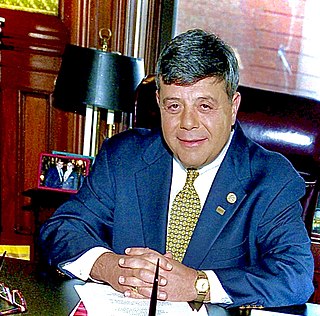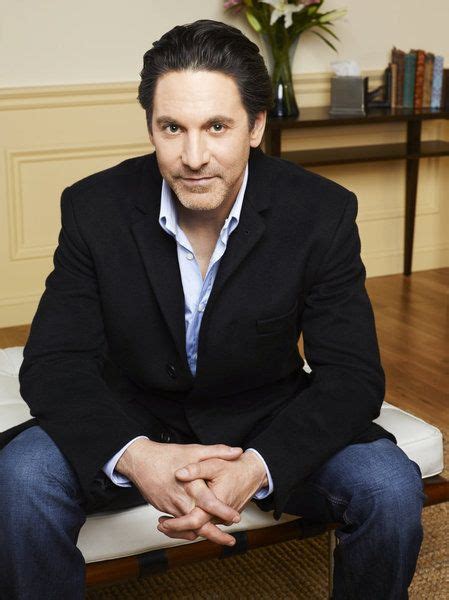A Quote by Said Sayrafiezadeh
An initial impulse of mine was to portray the way in which a city is impacted by war. But this is vague, no? After all, how do you actually have an entire city - or country, for that matter - be a character a reader can follow? One way is by making it smaller and personalizing it, by writing specifically about the citizens and the way they contend with the reality, even minutiae, especially minutiae, of their lives.
Related Quotes
I'd made pretty clear to the people at Paramount and Dreamworks that, if they wanted Lemony Snicket to comment, he would be completely horrified by the entire film. And as long as they understood that, it was okay. I'm not much of a fan of DVD commentaries myself, so this was my way of getting revenge, in a sense, for all the puffed-up directors and stars who talk endlessly about the self-aggrandizing minutiae of making a movie.
You realize after you travel enough that there's some things that, no matter how good you are at making television, no matter how good your cameras are, how well it's edited, there's no way the lenses could have captured the moment, and there's no way you will ever be able to write about it and do it justice.
It takes a certain kind of mind to narrate, to work through character motivation, to be unforgiving to one's writer-self when it comes down to creating the minutiae of detail. Writing fiction requires stamina, a sense of how people's lives work, how people work toward and against one another and, above all, precision.
Not to find one's way around a city does not mean much. But to lose one's way in a city, as one loses one's way in a forest, requires some schooling. Street names must speak to the urban wanderer like the snapping of dry twigs, and little streets in the heart of the city must reflect the times of day, for him, as clearly as a mountain valley. This art I acquired rather late in life; it fulfilled a dream, of which the first traces were labyrinths on the blotting papers in my school notebooks.
To follow Jesus implies that we enter into a way of life that is given character and shape and direction by the one who calls us. To follow Jesus means picking up rhythms and ways of doing things that are often unsaid but always derivative from Jesus, formed by the influence of Jesus. To follow Jesus means that we can't separate what Jesus is saying from what Jesus is doing and the way that he is doing it. To follow Jesus is as much, or maybe even more, about feet as it is about ears and eyes" (The Way of Jesus, Eugene H. Peterson, 22).
I don't think you could teach someone to be a genius, but you can certainly teach them to not make rookie mistakes and to look at writing the way a writer looks at writing, and not just the way a reader looks at writing. There are a lot of techniques and skills that can be taught that will be helpful to anybody, no matter how gifted they are, and I think writing programs can be very good for people.
The thing of being able to share somebody's reality, which has so far been a matter of what communication is about, you know. Now it has gotten a whole new leg. It has gotten a thing of being able to actually step in somebody's reality and walk through it like they do, experience it the way they do, specifically. The implications, to me, are immense. I mean, how far can it go? If you go into a complete, like a cyberspace model of some type, in which... you know the discussion about the mind and the interaction between the mind and the universe as a holographic phenomenon.
New York is just New York. It's a hard city, it's a hard city to live in. It's a desperate city. It's filled with scam artists and people who are always looking for a way in and a way out and the majority of people have to really negotiate their way through that jungle to get to the other side; the other side being a place of tranquility and peace and home and safety.
I've spent most of my life in L.A. and I'm still amazed at things that I don't know about the place. There are a lot of places I've never been to yet and I may never even make it. There's so much here and there's so much of a variety in terms of culture now. It's amazing. It's all here in one big city. In a lot of ways, the city is unique in the world because it's hard to find another city that has the diversity and range. It's a microcosmic planet, if you look at it that way. And in that sense, it's very much an experimental city.
It's the way I feel about acting. That we are given clues by a writer about someone's essence or persona and it's our job to try to figure out which of those clues are true, which of clues we decide to follow and which of those clues we think are red herrings, or only in the way another character thinks of that character.





































